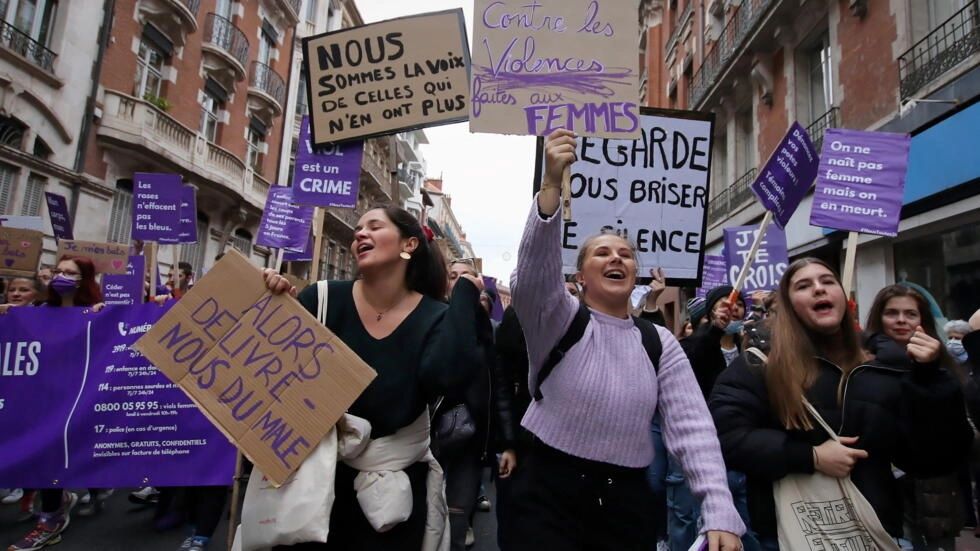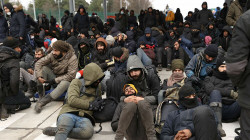UN Study Reveals No Progress in Overcoming Biases Against Women in the Past Decade

Shafaq News/ Despite influential global movements like #MeToo, gender inequality has failed to diminish over the past decade, as highlighted in a recent study released by the United Nations on Monday.
The United Nations Development Program (UNDP) disclosed that "biased gender social norms are prevalent worldwide, with almost 90% of people holding at least one bias" among the seven biases analyzed. The findings cast doubt on achieving the UN's 2030 gender parity goal.
The Gender Social Norms Index, employed by the UNDP, monitored various aspects such as political, economic, educational, and physical integrity metrics. The data utilized for the study was drawn from the World Values Survey, an international project focused on understanding global shifts in values and beliefs.
The study encompassed data collected between 2010 and 2014, as well as 2017 and 2022, offering insights into countries and territories representing approximately 85% of the global population.
It revealed that nearly nine out of 10 men and women continue to harbor fundamental biases against women, with only a marginal decrease in the percentage of individuals holding at least one bias, dropping from 86.9% to 84.6% over the decade.
Heriberto Tapia, research and strategic advisor at UNDP and co-author of the report, expressed disappointment at the limited improvement observed.
Beliefs regarding gender-based job roles also persist prominently. Approximately 69% of the world's population still believes that men make better political leaders, with only 27% recognizing women's equal rights as essential for democracy. Additionally, 46% of respondents believe men have a more extraordinary claim to job positions, while 43% perceive men as superior business leaders. Disturbingly, 28% consider university education to be more important for men.
The report further highlighted that despite recognizing education as vital for enhancing women's economic status, the gender pay gap remains prevalent even in countries where adult women have higher education rates than men. The average income gap in the 57 countries where this discrepancy exists remains at 39%.
The survey also unveiled a distressing aspect of women's safety, with 25% of respondents justifying domestic violence against women.
The report cautioned that biases serve as formidable barriers for women, often undermining their rights in numerous regions across the globe.
"The achievement of gender equality and the Sustainable Development Goals hinges on addressing biased gender social norms," the report emphasized.
The lack of progress in achieving gender equality coincides with a broader decline in human development, as reported by the UN, primarily driven by the repercussions of the ongoing coronavirus pandemic.
Pedro Conceicao, director of the UNDP's Human Development Report Office, warned that "social norms that hinder women's rights also have detrimental effects on society as a whole, impeding human development."
Aroa Santiago, a gender specialist in inclusive economies at UNDP, told Reuters about the need to transform gender biases and social norms, ultimately striving to shift power relations between men and women.





